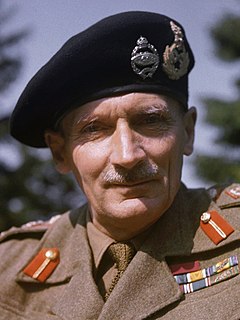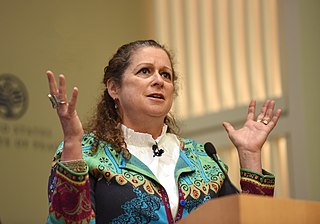A Quote by Karl Wilhelm Friedrich Schlegel
As the ancient commander addressed his soldiers before battle, so should the moralist speak to men in the struggle of the era.
Related Quotes
Although it is tempting to imagine an ancient era innocent of biochemical weaponry, in fact this Pandora's box of horrors was opened thousands of years ago. The history of making war with biological weapons begins in mythology, in ancient oral traditions that preserved records of actual events and ideas of the era before the invention of written histories.
The spirit of a warrior is not geared to indulging and complaining, nor is it geared to winning or losing. The spirit of a warrior is geared only to struggle, and every struggle is a warrior's last battle on earth. Thus the outcome matters very little to him. In his last battle on earth a warrior lets his spirit flow free and clear. And as he wages his battle, knowing that his intent is impeccable, a warrior laughs and laughs.
Why do soldiers fight? They join because they believe in a higher cause -- protecting religion, their nation, defending against a foreign nation. But why do soldier stay and fight? Soldiers aren't individuals. They are part of a unit. And that unit is led by a commander. If they don't trust their commander ... if there is no leadership, there is nothing.
Women should be respected as well! Generally speaking, men are held in great esteem in all parts of the world, so why shouldn't women have their share? Soldiers and war heroes are honored and commemorated, explorers are granted immortal fame, martyrs are revered, but how many people look upon women too as soldiers?...Women, who struggle and suffer pain to ensure the continuation of the human race, make much tougher and more courageous soldiers than all those big-mouthed freedom-fighting heroes put together!
Although the United States lost a quarter of a million men and women, civilians and soldiers, in World War II, that's considerably less than the Russians lost in soldiers at the Battle of Stalingrad alone. It's important to convey to countries and to people and to generations who have no experience of the 20th century as it was lived in Europe just how catastrophic it was.
A young man before he leaves the shelter of his father's house, and the guard of a tutor, should be fortify'd with resolution, and made acquainted with men, to secure his virtues, lest he should be led into some ruinous course, or fatal precipice, before he is sufficiently acquainted with the dangers of conversation, and his steadiness enough not to yield to every temptation.






































